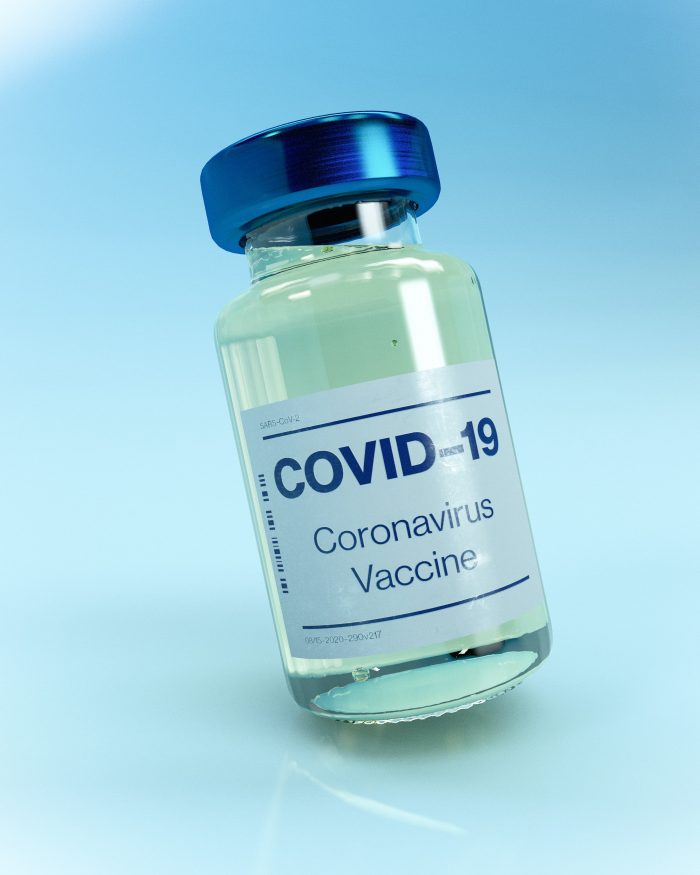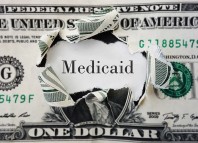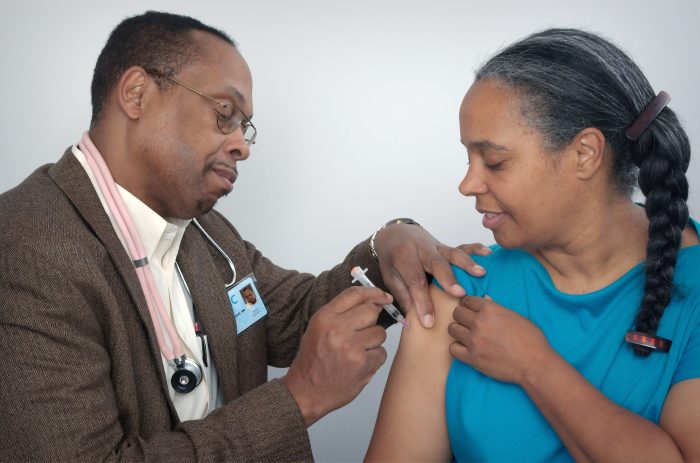Welcome! Login in to your account
Register for an account
A password will be e-mailed to you.
Recover your password
Home In the News
Amid COVID-19 Cases and Restrictions, Nursing Homes See Rise in Deaths by Neglect
COVID Vaccine Could Be Ready for Rollout in Pennsylvania Next Month, Health Secretary Says

Food Safety, COVID-19 Precautions For Thanksgiving and Travel Mitigation Effort
Spit Test May Diagnose Concussions in Athletes
Congratulations to RCPA Member Access Services, Inc. and their new CEO, Sue Steege!
RCPA Member Community Behavioral Health Names Dr. Faith Dyson-Washington as New CEO
Wolf Administration Health Care Reform Plan Receives Widespread Support – RCPA President/CEO Richard Edley quoted
Huge budget cuts could hurt people with mental illness, disabilities most, Pa. providers fear
Richard Edley and Mark Davis: Covid-19 funding needed for IDD community
© 2021 - Rehabilitation & Community Providers Association

















